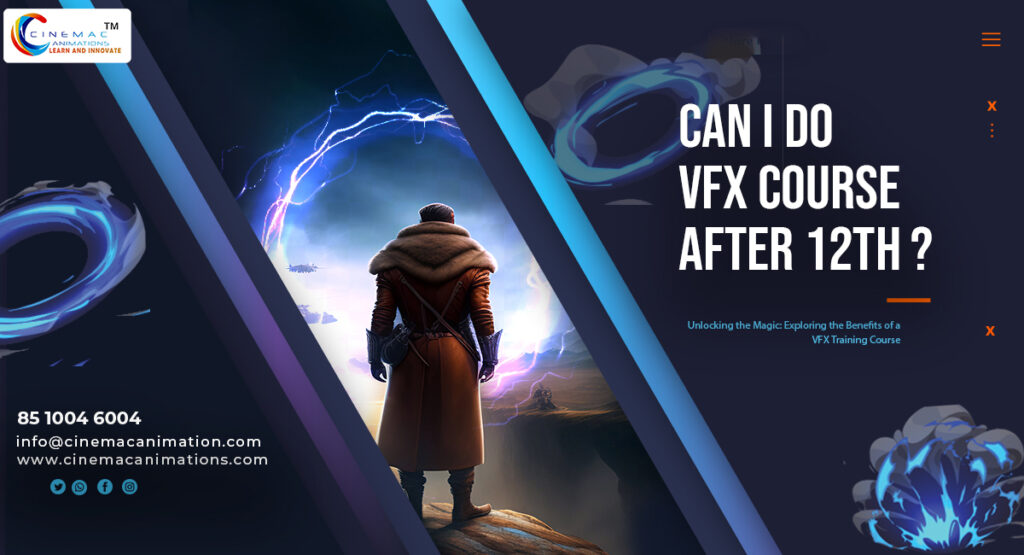
Visual effects (VFX) is a rapidly growing field that is used in a wide variety of industries, including film, television, video games, and advertising. VFX artists use computer software to create realistic and immersive visual effects that can bring stories Read More …